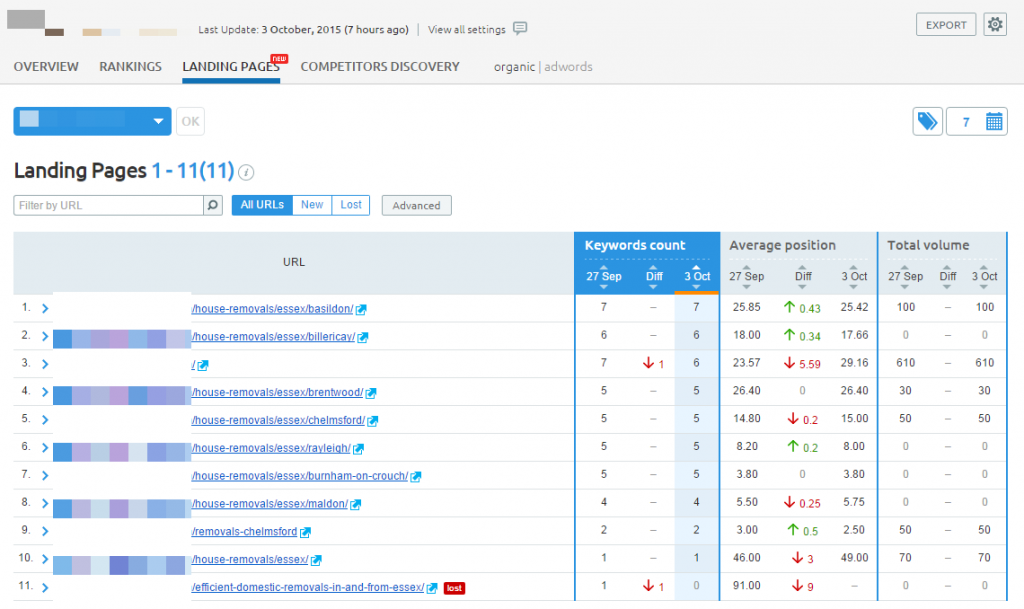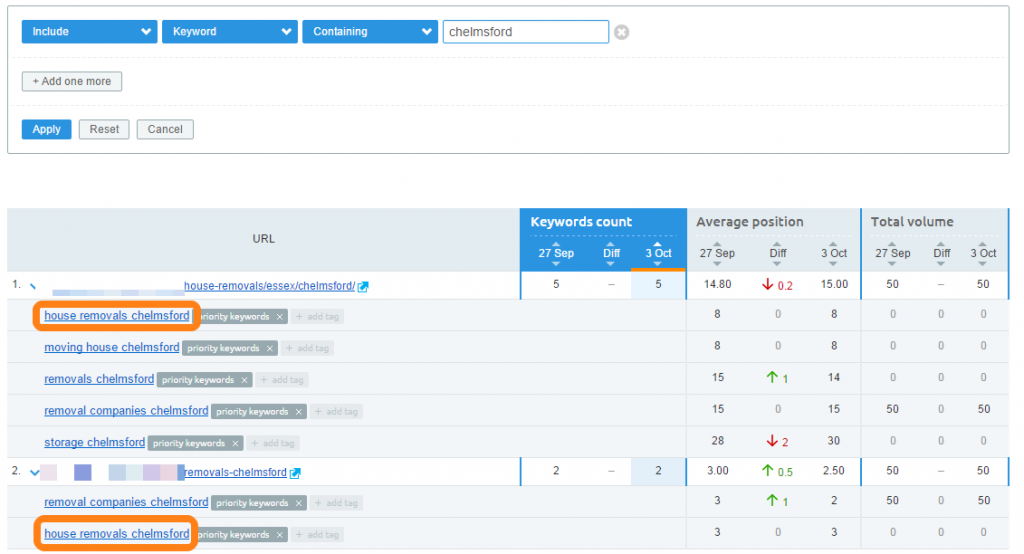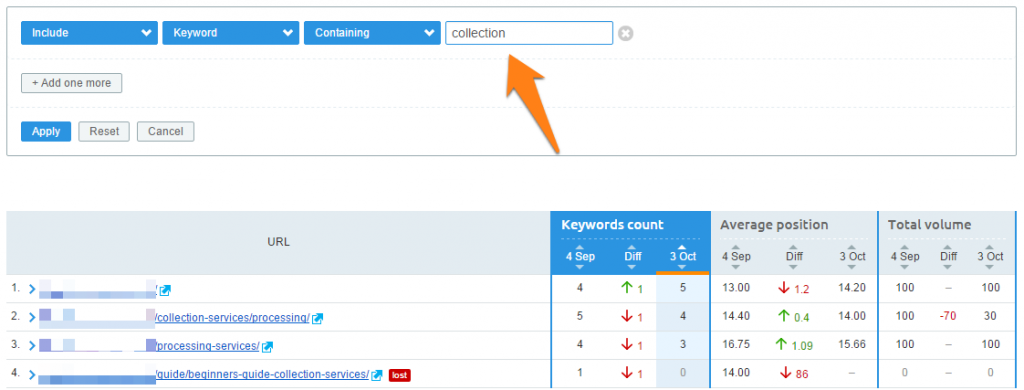Cannibal content can be a real drag; in fact, it can be more than that - a silent killer of your digital marketing efforts if left unaddressed.
I see it far too often that people focus too heavily on where a keyword is ranking, rather than what page is ranking. If you haven't heard of cannibalisation or aren't currently on the look out for it at the moment, this blog could be well worth your time!
What is Cannibal Content?
In a nutshell, cannibalisation is your website eating its own presence within search (hence the name), but even simpler it is your own pages/web properties competing with each other. This competition is bad, Google gets confused over which page to rank (i.e. which is the best for the user) and rather than you have one page with the full weight of your website behind it, you have two, three or more pages dividing the potential power/relevancy between them. This loss in potential can be seen in drops in ranking or, a "glass ceiling" effect, stopping you get any higher than page 2 or 3 (sound familiar?).

A new report in the SEMRush arsenal has taken my attention as it is something which plugs cannibalisation-sized gap within their offering - the Landing Pages report. As I mentioned in my recent talk at BrightonSEO the first stage of tackling cannibalisation is identifying it, and in short that's as simple as tracking the pages which rank for your main keywords over a given time. So you're in position 8 for your target keyword, but you're noticing that the page ranking changes every week or so - there's a strong chance you have a cannibalisation problem!
If you need any further information about this, I wrote in more depth the implications within SEO here.
Identifying Cannibal Content with the Landing Pages Report
The Landing Pages report, if you hadn't guessed by the name, enables you to identify the pages which are ranking far easier than you previously could have (assuming you're already tracking rankings on SEM Rush).
At a first glance the report shows you all the pages which are ranking for the keywords you are tracking, the amount of keywords ranking for each, their average position and total estimated keyword volume. These features alone are pretty helpful - ascertaining effectiveness of any given page at a glance - but digging a tiny bit deeper can help us spot the cannibals.

What makes this more helpful to us is the "advanced" options within the report, with this we can refine the results by keyword - something you'll be familiar with from the main ranking report. However, what makes it key here is that filtering by keyword returns a list of pages which rank for that term - prime cannibalisation spotting.
So for example, if we refine using the advanced options to contain a keyword we're concerned about (i.e. if we've seen it dropping recently), the report returns the pages which may be competing with each other. Click on each page within the report and it shows us which keyword those pages are ranking for:

As you can see, there is overlap here, nothing too substantial or de-stabilising - but nonetheless is something that we'd want to take a deeper look into to protect ourselves from the cannibals. In this particular instance, just by looking at the URL I would imagine the keyword targeting on those two pages is too similar (both focusing on "house removals chelmsford"), so the first thing to do would be to de-optimise the one which isn't performing as well for the term.
Another example of this, again by searching using the advanced options, can be really powerful to use to highlight the pages that are ranking, but also those that at some point were ranking. In the screenshot below you can see that four pages are in contention, although one of them number four is marked with "lost", as it is no longer ranking.

What the above screen shot also shows is that you don't have to highlight exact terms, as our focus on keywords should be moving more towards keyword groups (rather than just one keyword) and we track more and more keywords, by just searching for seed terms (in the above example "collection") the report will return all pages which rank for keywords that contain the seed term. This can be particularly useful when you have a large website with overlapping categories!
Fighting Content Cannibalisation
Tackling cannibalisation can be a tough and long-winded process and you're better off preventing it happening altogether. However, if you're not on the look out for the problem, chances are you are always going to be on the back foot with it. The landing page report mentioned here is a great way to identify the problem keywords and pages and should serve as the key place to start further investigations.
The next stages are ultimately going to depend on the problem, but digging into the site and the keyword targeting of each page will almost certainly be a key step in the process. Get to know your site and its content well, understand where the overlaps are and do what you can to see it as Google sees it, but most of all, don't let the cannibals win!
Innovative SEO services
SEO is a patience game; no secret there. We`ll work with you to develop a Search strategy focused on producing increased traffic rankings in as early as 3-months.
A proven Allinclusive. SEO services for measuring, executing, and optimizing for Search Engine success. We say what we do and do what we say.
Our company as Semrush Agency Partner has designed a search engine optimization service that is both ethical and result-driven. We use the latest tools, strategies, and trends to help you move up in the search engines for the right keywords to get noticed by the right audience.
Today, you can schedule a Discovery call with us about your company needs.
Source:




![How To Create a Strategic Dashboard in Excel Using Semrush Data [Excel Template Included]](https://new.allinclusive.agency/uploads/images/how-to-create-a-strategic-dashboard-in-excel-using-semrush-data-excel-template-included.svg)
